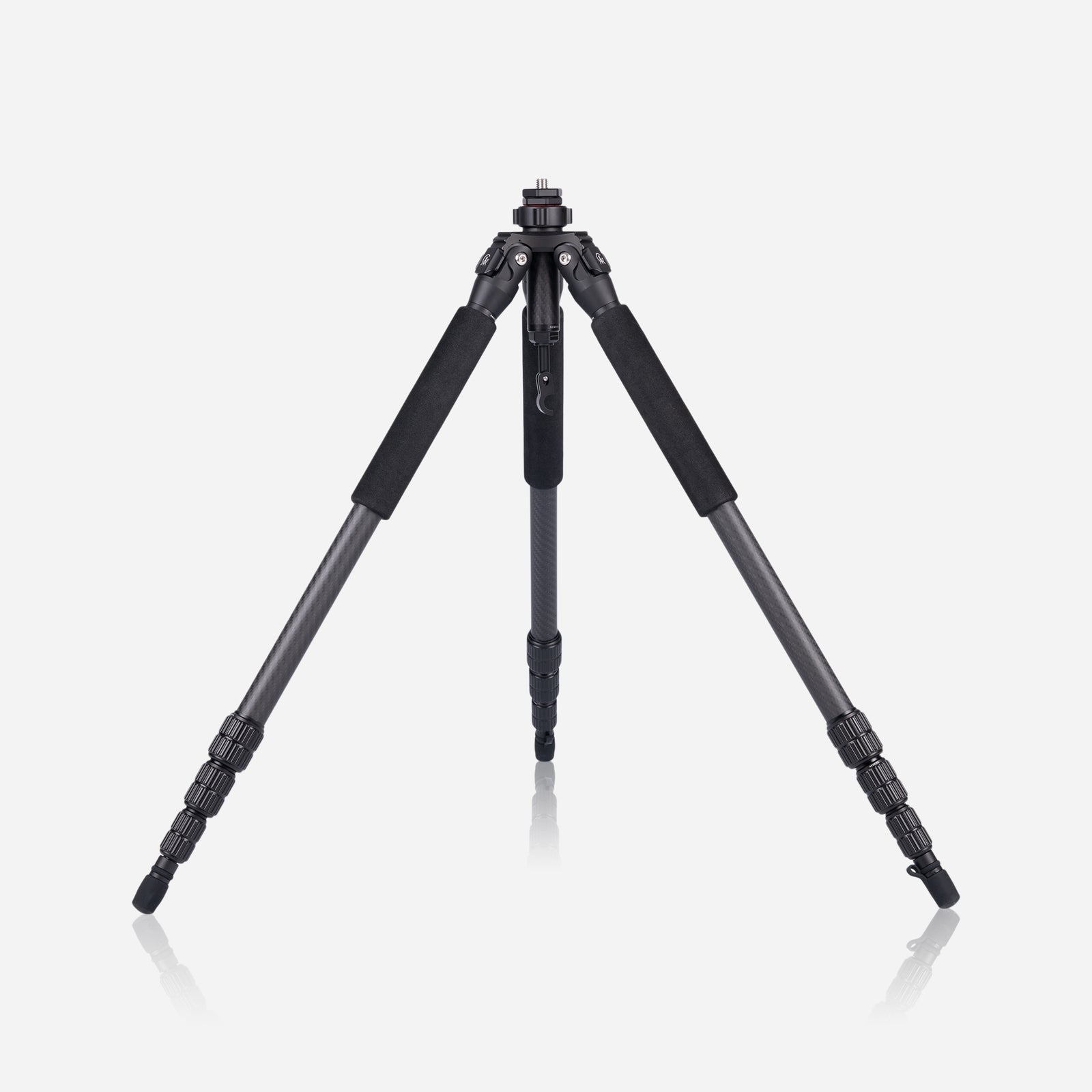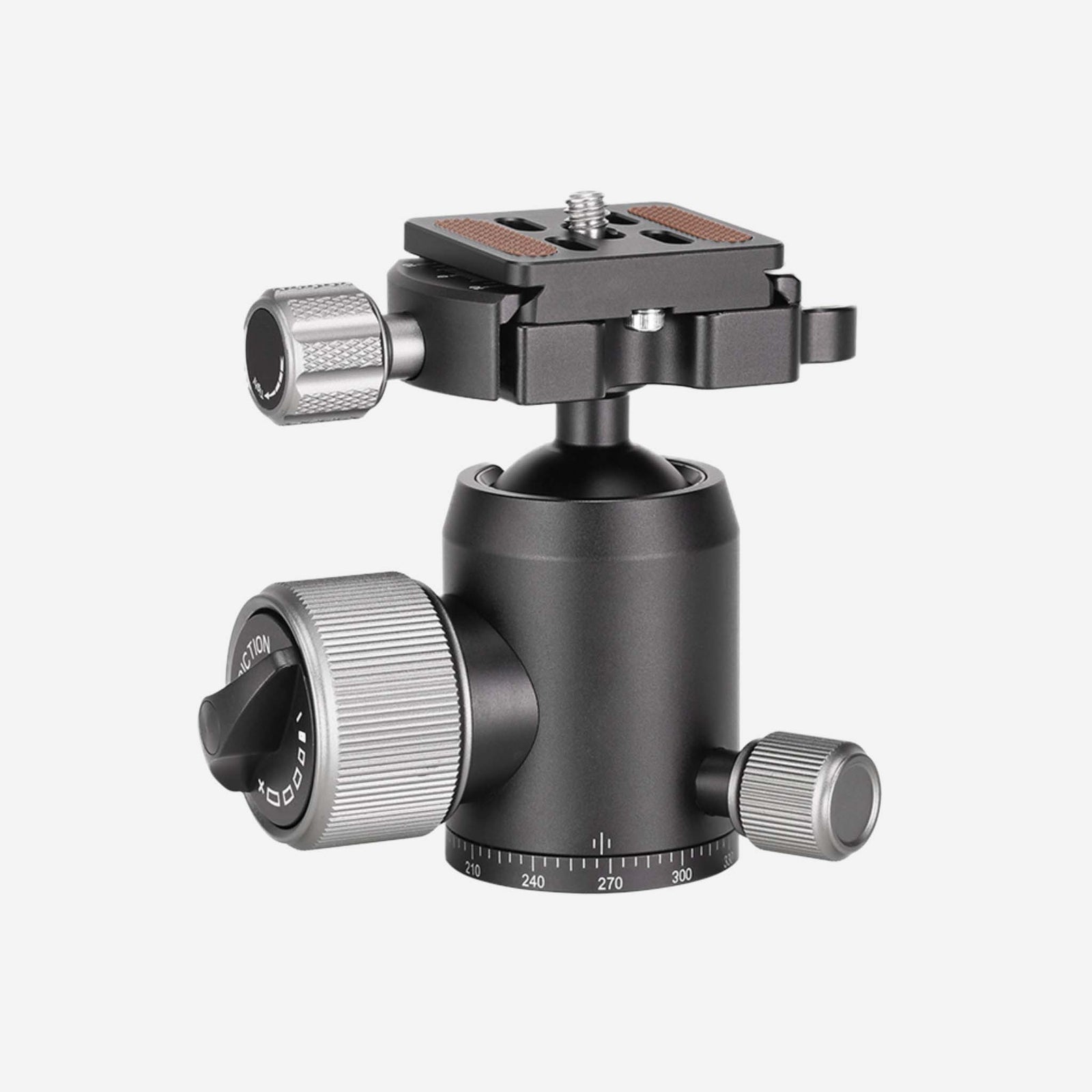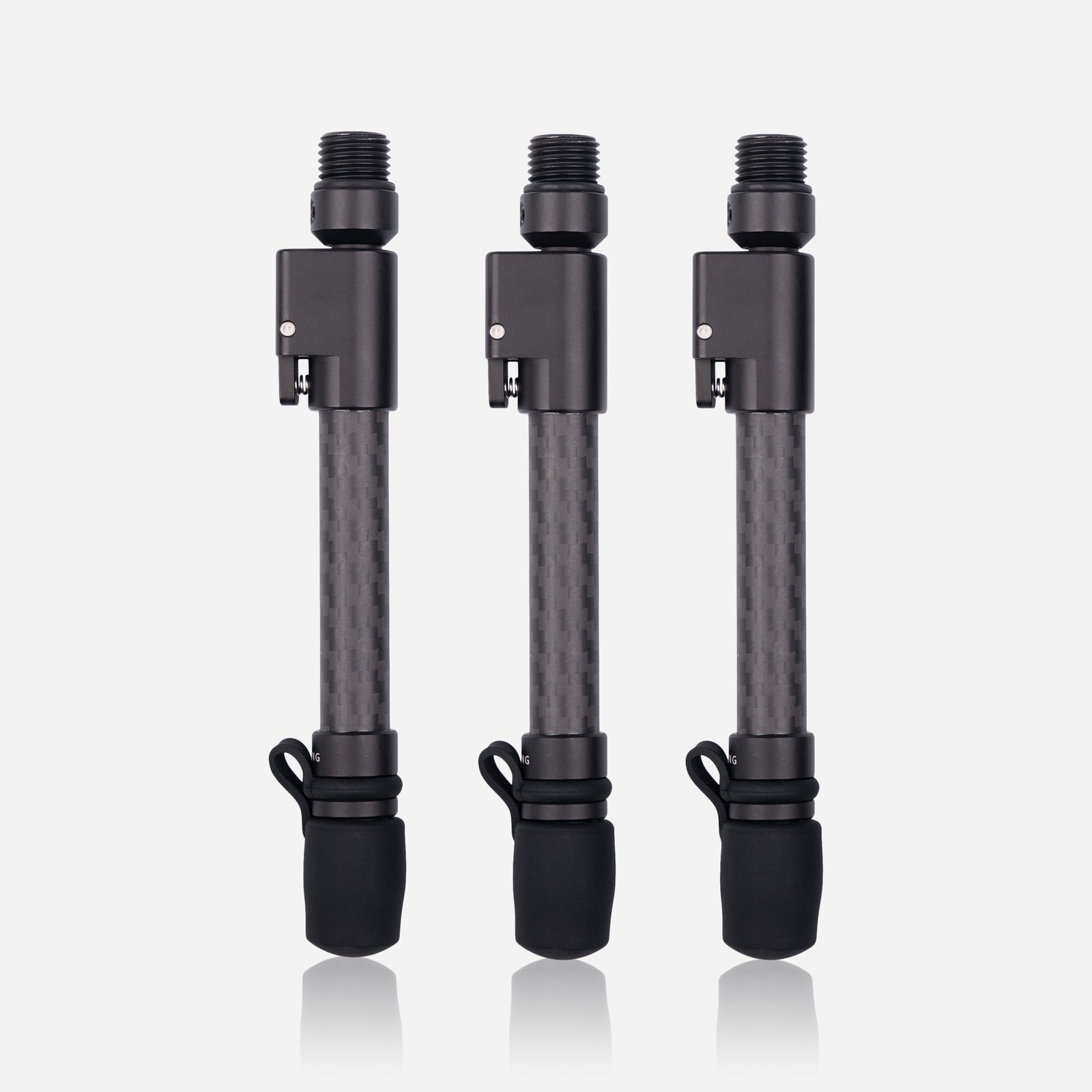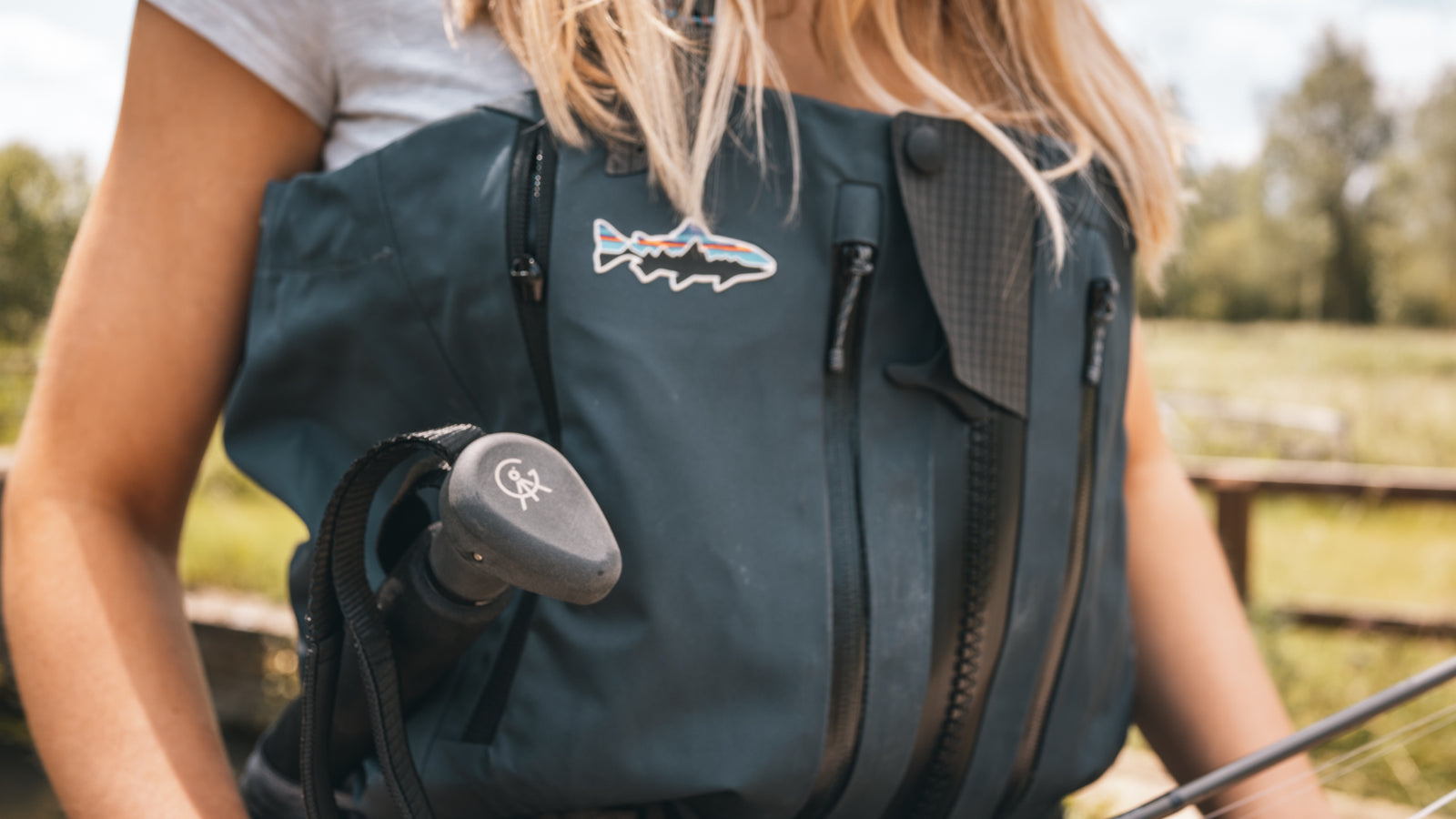As you might have noticed, we left the Gearing office for a couple of days a few weeks back, for a much needed time out to clear our heads and to practice our fly fishing. If you haven’t yet read our previous blog post on using a Gearing tripod leg as a wading staff, then check it out! Today, we’re going to stray slightly from our usual content, and gift you a few of our tips for a successful day out on the water.

Until I learned how to fly fish properly, I always found the prospect of it a little daunting, and even a little boring. Spending a lot of time with my own thoughts didn't appeal to me much as a teenager, but as I firmly enter my mid twenties, I truly appreciate the importance of it. As you learn to pour yourself entirely into your time in the river, it will become one of the most relaxing pastimes you ever undertake. It is now my absolute go to, something that I always head to for a little stress relief and mind clearance when it all gets too much. Once you have the system of fly fishing down, it will become a subconscious process. Before then, it can be a lot to remember. Take your time, remind yourself it will get easier, and if possible, go with someone who knows what they're doing.

The most common way to track the location of the fish you are after is to use the countdown method. With this, you should quickly find where in the water the fish are lurking, giving you the biggest chance of success. Cast your line, and after five seconds, pull it taut. If you feel anything, you know the fish are shallow. With your additional casts, add five seconds on to this time, the next being 10 seconds, then 15, 20 and to 25. Even if you don’t catch a fish, you can usually get a feel of where they are. Something very important to remember when deciding depth, is that fish are very sensitive to light. On bright, sunny days, expect to fish a lot deeper than on overcast days and allow longer for the fly to sink.

A common error in beginners is to keep your cast area small, and to keep it to only the line in front of you. If you stretch your area into the shape of a fan, you are covering a significantly larger stretch of river whilst standing in the same place. The sides of the river bed are also very popular with its inhabitants, so make sure you stretch your cast to the edges. Just be careful not to go too far and lose your fly on the other side in the process! Once you’ve covered your area, it is a good idea to change your depth to see if you can find any success. This also brings me onto our next point…

It is crucial to change your flies throughout the day. You can’t know which fly will bring you the most success without trial and error, so it is really important that you rotate them all for optimum results. I would also advise taking note of the actual flies hovering around the water, and see if you have any in your kit that look similar. If you do, use them! If you are using more than one fly on your rod, make sure you leave a good metre or two between the flies, and ensure that these are being rotated well. For beginners, I would recommend starting with just one fly, and adding more as your confidence and knowledge grows.

If you are struggling to land a catch, it might be worth changing the size of your flies. There are three standard sizes that are most commonly used, being an 8 at the largest, a 10, and then a 12 at the smallest. If you go down all the way to an 16 or even an 8, you will be amazed at the response you can get from this teeny tiny little critter. It is also a good idea to try a good range of colours, patterns and textures in the water. They all shine differently in different lights, meaning that some work best in darker skies, and some excel in the sun. Test them all out, and you will find that you quickly learn how successful each one is. This will put you in a really strong position in terms of knowing your kit, which can only bring you triumph!





